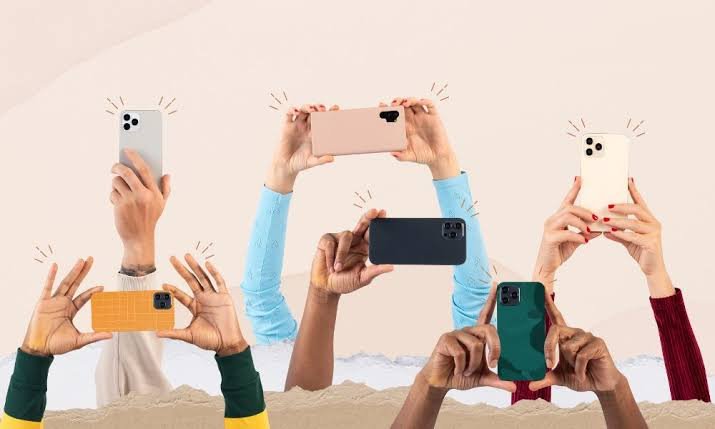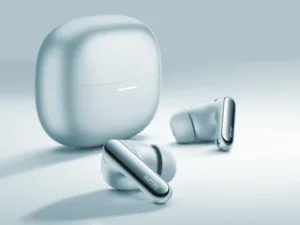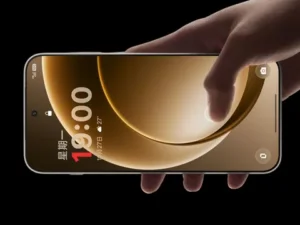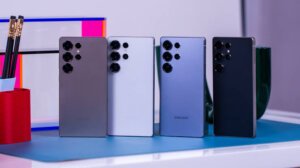Upgrading your smartphone sounds like a simple task—walk into a store, pick something sleek and shiny, and walk out. But for many Nigerians today, the reality is far more complex. You’re not just buying a phone; you’re making a critical investment in your daily life, your productivity, and your entertainment. Whether you’re a student, entrepreneur, content creator, or 9–5 worker, this Smartphone Buying Guide will help you understand what truly matters before making that upgrade.
We live in a time where phones have become an extension of ourselves. They capture our moments, run our businesses, and connect us to the world. So, let’s break down what you really need to know before buying your next smartphone.
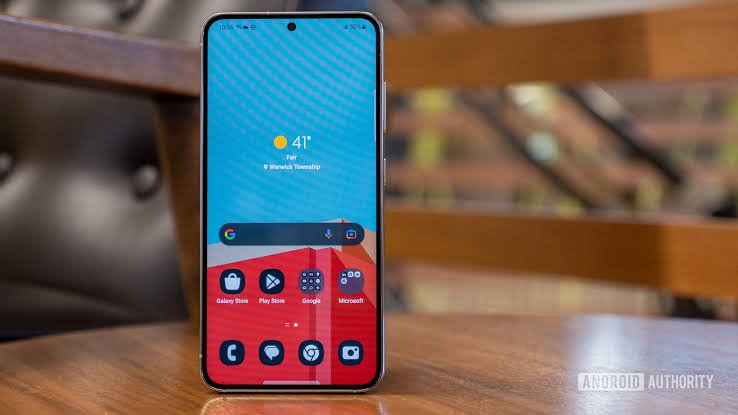
1. Identify Why You’re Upgrading
Before you even glance at a spec sheet, ask yourself: Why am I upgrading?
- Is your current phone too slow?
- Are you running out of storage?
- Are the camera capabilities limiting your content?
- Do you need better battery life for your remote work or studies?
- Or are you simply drawn by aesthetics and trends?
Understanding your primary reason will help you make intentional choices—not just emotional ones
2. Your Budget Really Counts (More Than You Realize)
The economy of Nigeria is not smiling, admittedly. Phones are now more costly than ever; be it through inflation, forex fluctuations and so on. That is why this Smartphone Buying Guide advises you to determine the realistic budget and avoid going beyond it.
Avoid the temptation to only assume that the higher the price the better the product. It doesn’t. It also has affordable devices below 150k such as Infinix Note series or redmi note line that still perform well in day to day use. But as a mobile gamer or a professional content creator, you may want to look at phones such as the Samsung Galaxy A series, TECNO Phantom or even well-used pre-owned iPhone.
Keep in mind that price is more than the device it is also accessories, repairs, and resale value.
Read Also: How Much RAM Do You Really Need in a Smartphone Today?
3. Performance: CPU, memory and storage
Here, most customers lose the sense of the technical terms. However, not to fret, it is not complicated.
- Processor: You can think of it as the brain. The MediaTek Helio G-series or the Snapdragon 6/7 series is fantastic for the average user. However, when you are multitasking, gaming, or editing videos, you can think about Snapdragon 8 Gen 1 or Apple A15 Bionic, and higher.
- RAM: Most Nigerians will do with 6GB to 8GB. You might have problems with 4GB on high loads.
- Storage: It has become a requirement to have 128GB at least. Any less and you will be fighting storage full notifications soon enough and definitely with heavy applications such as Tik Tok, WhatsApp backups, and HD videos.
Also, do not forget to ensure that the phone has support for expandable storage particularly in the event that you are a heavy media consumer.
4. Camera: It is Not All About Megapixels
Your phone is your primary camera (at least, in the case of most people). However, be not fooled by high megapixels. Rather concentrate on:
- Size of the sensor (larger sensors = improved low-light photographs)
- Aperture (smaller f-number = more light)
- Stabilization (optical / digital)
- Video (Does it support 4K?)
- Processing through software (Night mode, AI enhancements)
The phones such as Pixel 7, iPhone 13, and TECNO Camon series have established a name in delivering quality results, even on the midrange models.
In this Smartphone Buying Guide , a real-life example of images on YouTube should be looked upon prior to purchase.
Read Also: What to Consider Before Buying a HP Laptop
5. Display: IPS, AMOLED, and Refresh Rate
The screen influences the way you deal with everything, watching YouTube, responding on WhatsApp, or scrolling Instagram.
AMOLED has a rich color and has a high contrast compared to LCD/IPS.
Go at least 1080p, which is great provided you watch a lot of content or use your phone.
And yes, the high refresh rates (90Hz or 120Hz) make scrolling more smooth-especially to gamers and multitaskers.
But avoid the temptation of performance and battery life to have a pretty screen you do not really need.
6. Battery Life: mAh Isn’t the Only Thing
Battery life is very important in Nigeria where power supply is highly unpredictable. Yet do not look only at the mAh.
Fast charging is a revolution-seek at least 25W charging.
Phones such as Xiaomi and Infinix have recently introduced 33W-67W rapidly charging ability that can charge you to 100% in less than an hour.
Look at actual-life tests on screen-on-time, rather than battery size.
This Smartphone Buying Guide recommends the consideration of usage tests so that you can understand the duration of the phone with actual Nigerian-style multitasking (calls, music, data, gaming, and YouTube simultaneously).
7. Is 5G Worth It Compared to 4G?
5G is being rolled out in places such as Lagos and Abuja but coverage remains patchy and more expensive. A decent 4G phone is more feasible unless you need to future-proof or run data- intensive applications.
Read Also : Best Phone Accessories for Content Creators: What Every Creator Should Know in 2025
With that said, in the event you are a content creator who uploads large files or you are working remotely and use Zoom calls and have a lot of downloading, 5G can enhance your experience-provided that it is available in your region.
8. Experience and Updates of Software
Ignore not software. The quality of a phone depends on its user interface and support of upgrades.
- Stock android is smooth and clean yet deprived of custom features.
- MIUI (Xiaomi) and HiOS (TECNO/Infinix) are bloated but have plenty of features.
- iOS (iPhone) has the longest support of updates.
Ensure that your phone has a minimum of 2 years support of Android updates, particularly in the case of mid-range phones.
9. After-Sales Support and Repairs
This is one major pain point for Nigerian users. You may buy a good phone, but what happens when it breaks?
Look for brands with official service centers in Nigeria: TECNO, Samsung, Infinix, Xiaomi, and Apple are well supported.
Also, check for availability of screen replacements, battery, charging port repairs, and other parts. Avoid obscure brands with no presence here.
10. Don’t Forget Resale Value
A phone is an asset—until it isn’t. That’s why this Smartphone Buying Guide suggests considering future resale value.
- iPhones hold value better than most Android phones.
- Popular models from Samsung, Xiaomi, and TECNO also do well.
- Niche brands or old models depreciate fast.
If you plan to upgrade every year or two, this matters a lot.
Concluding Remarks: Shop Smart, Not Stylish
A phone is personal after all. It must be a balance of what you need, what your budget is, and what your lifestyle is–not necessarily what is popular on Instagram or YouTube.
This Smartphone Buying Guide is not to make you buy the phone, but to enable you to make the right decision, not just an impulsive one. Take some time to think, to ask the right questions and ensure that the next phone you spend your kobos on is worth it.
In case you are confused, walk into the authorized stores, test the phone yourself, and compare products. You can be a tech geek or just someone who knows what he/she wants.
Having trouble selecting a phone? Leave a comment or contact us. We are here to assist you to make wiser decisions about tech.

